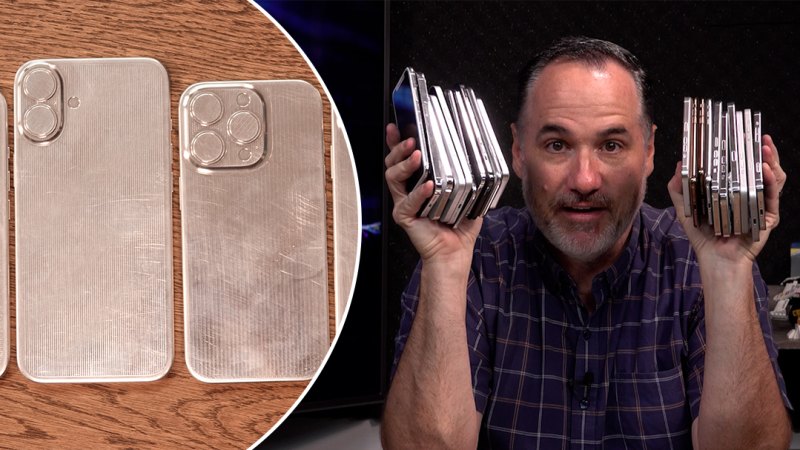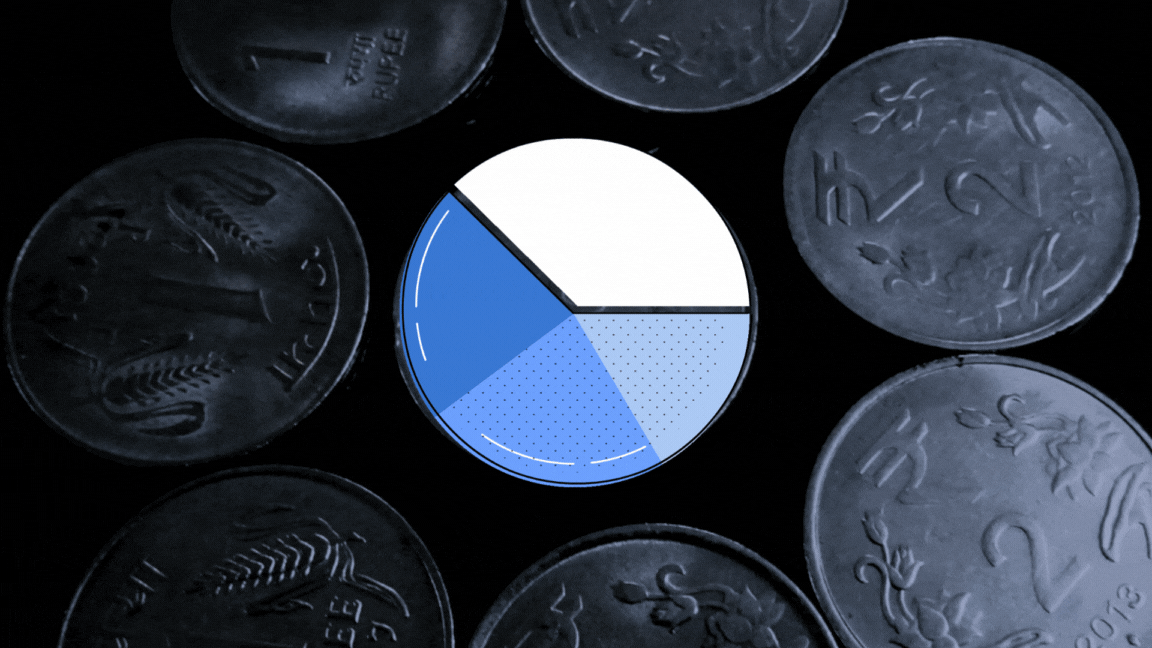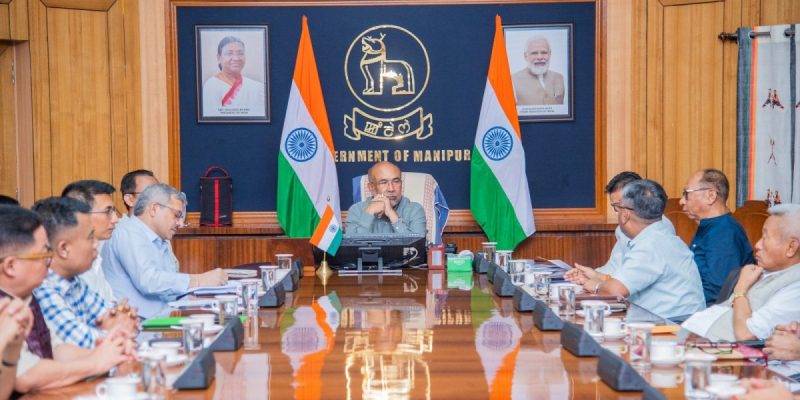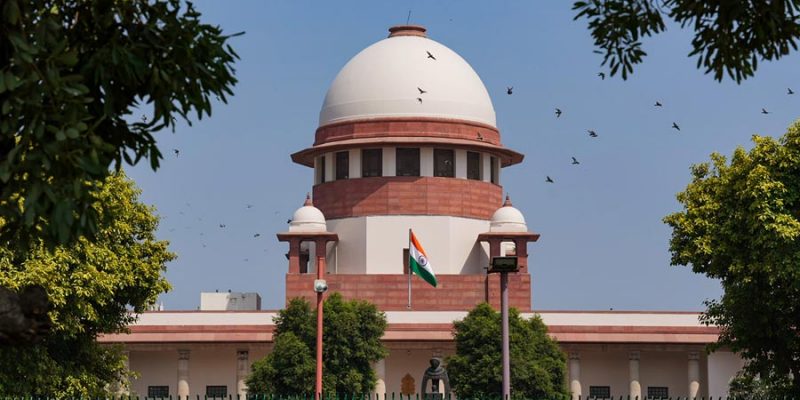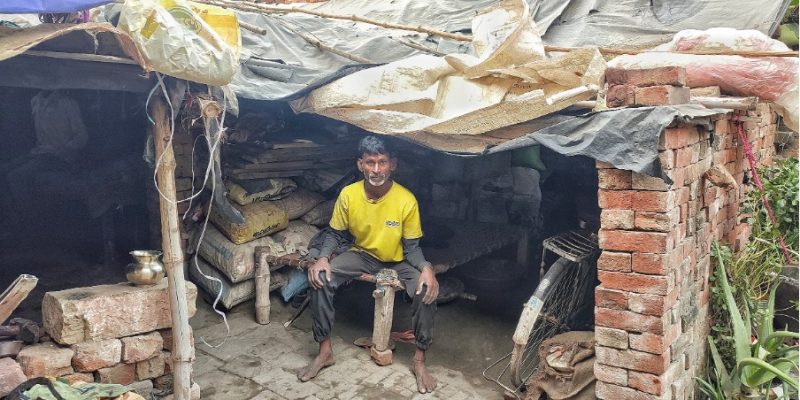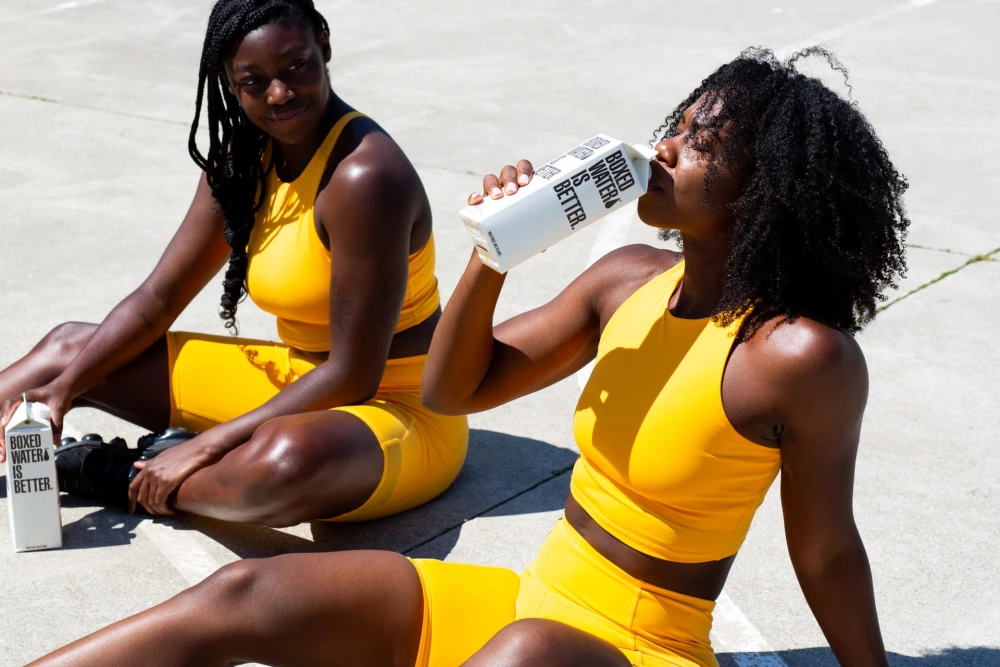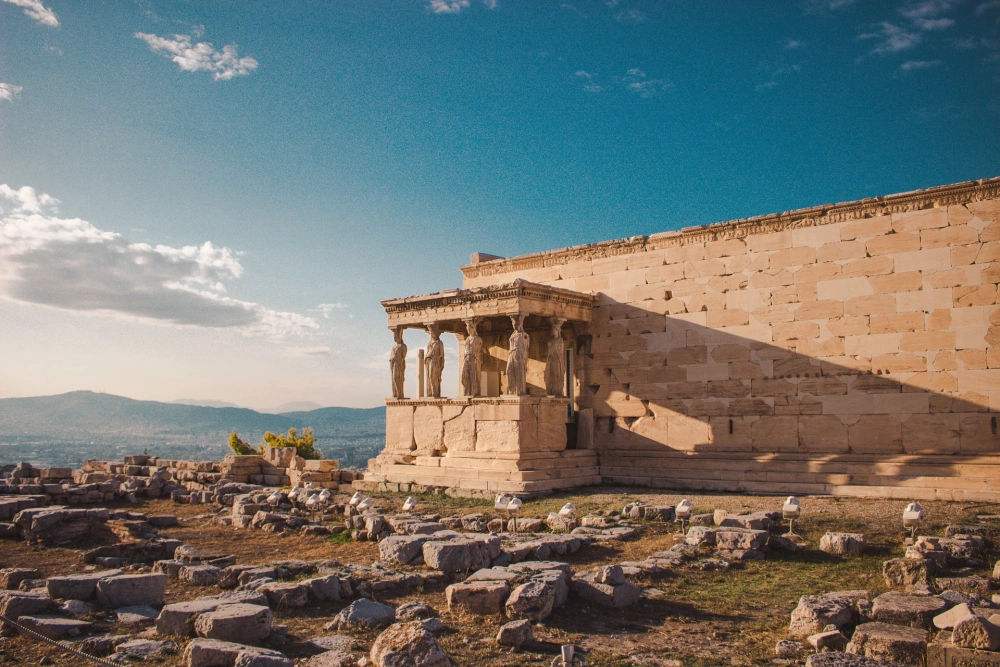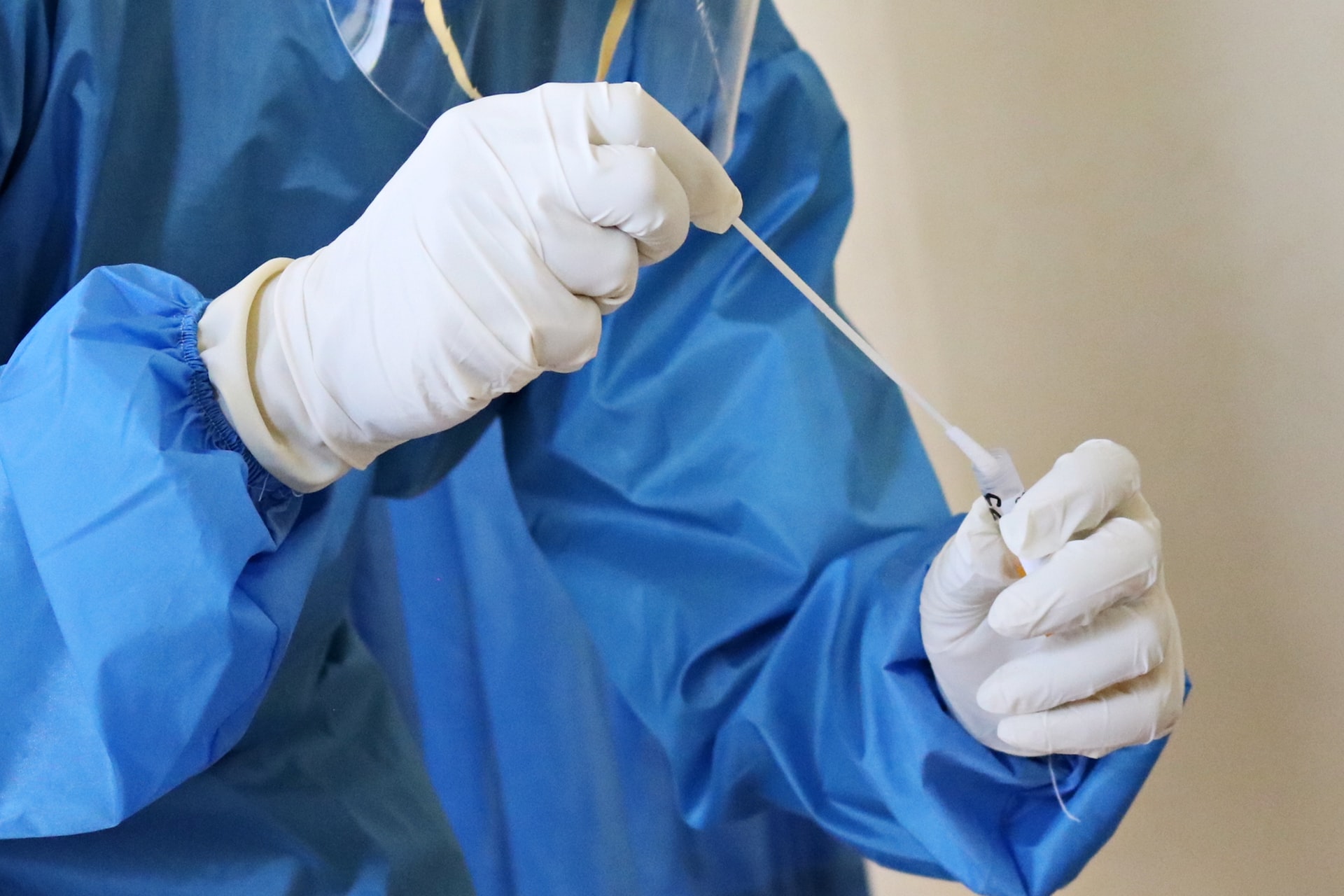When the Media-Politician Relationship is Imbalanced, Citizens Always Come Last
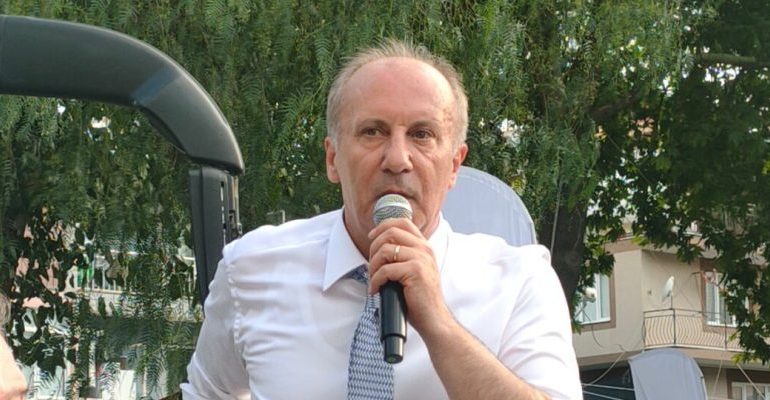
Hubert Beuve-Méry, the founder of Le Monde, once said, “Journalism is a profession of contact and distance.”
In political terms, his meaning was that the journalist’s duty is to ask politicians questions on behalf of the public, while being on good enough terms with politicians to be able to ask them questions at all.
This rule holds especially true during election campaigns, when the journalist’s role is to provide the public with alternative political ideas based on party lines and candidate speeches and interviews. Because the relationship between a journalist and a politician is symbiotic. Each needs the other in order to succeed.
However, from time to time, politicians attempt to pressure the media. On other occasions, they even get into the fights with the media, treating journalists with a lack of respect. And right now, as Turkey gears up for presidential elections on May 14, Muharrem İnce, leader of the Homeland Party and a candidate for president of the country, is on very shaky terms with journalists.
Terms of engagement
In the 2018 elections, Muharrem İnce ran as the presidential candidate of the Republican People’s Party (CHP), the main opposition to President Recep Tayyip Erdoğan’s Justice and Development Party. İnce received only 30% of the votes and in 2021, he resigned from the CHP and formed the Homeland Party.
As the chair of the Homeland Party, İnce gathered the 100,000 signatures mandatory for all presidential candidates whose parties are not represented in parliament. He now stands as Turkey’s third presidential candidate after President Erdoğan and the Nation Alliance’s joint candidate, Kemal Kılıçdaroğlu.
Although his entry in the presidential fray has widened the media’s responsibility to the public, İnce has long had a love-hate relationship with journalists that may become an impediment to free and objective reportage.
İnce’s first memorable clash with the media took place in 2018, when the election results were being announced. As İsmail Küçükkaya, an anchor at a TV station, conducted a live report on the election results, İnce sent him a casual WhatsApp message – “The man won” – referring to Tayyip Erdoğan.
The anchor read İnce’s message aloud to viewers glued to their TV screens, resulting in a controversy that İnce never explained to the voters or even apologised for.
Later, when İnce was asked about the incident, all he said was: “I didn’t know my friend [Küçükkaya] well.”
Perhaps İnce did not know the media well, because any journalist anchoring a crucial programme for the public would have read such a message aloud, especially since İnce had not warned that the message was meant to be off the record.
However, for me, whether or not the journalist should have shared İnce’s message with the public was not the real issue. The real issue was whether the relationship between the journalist and the politician was ethical. For example, how would the public react if it learned that a journalist has a friendship or relationship with a politician? What kind of perception would be formed in public opinion regarding the journalist and the politician?
Let me emphasise here that the primary duty of a journalist is to serve the public’s right to information. While some politicians may stand closer to some journalists and see them as more “friendly” while treating others more cautiously, the balance of distance and contact is a rule that should be observed not only by journalists, but also by politicians.
Irresponsible behaviour
İnce also clashed with the journalist Merdan Yanardağ on one occasion. The politician accused Tele 1, Halk TV and KRT TV stations of being paid by the CHP and the İyi Party and told Yanardağ: “Stop shooting! I swear on my honour that you receive money from the CHP and the İyi Party every month. If you have honour, swear that you don’t.”
Language like this targets, discredits and antagonises TV stations and journalists, leading to a situation that is unfortunate at best and dangerous at worst.
After that incident, the presidential candidate called and texted journalists such as Nevşin Mengü, saying, “You don’t have data or any source. What you wrote does not reflect reality. You must not publish it.” When the journalist replied that she did have data and sources, he responded, “No, you don’t. How could you have?”
İnce is also said to have lied about an invitation to participate in a TV programme on the presidential polls. According to journalist Fatih Portakal, the politician first personally phoned him to complain that his name had not been included in the presidential poll on Twitter. When Portakal invited İnce to his broadcast, the politician said, “I will not join your programme anymore.” Later, however, İnce apparently said that he had had to invite himself to the programme.
Meanwhile, journalist İsmail Saymaz says that İnce behaves arrogantly with him and does not answer his phone calls. “There is no reason for this,” Saymaz says. “At least, I don’t know what his motivation is.”
This kind of behaviour from a politician is polarising, reactionary and irresponsible. It is especially irresponsible because people engaged in politics cannot allow themselves to be sensitive to criticism directed at them – even if the criticism is harsh, severe and even hurtful.
It is the responsibility of a journalist to ask politicians necessary and difficult questions and criticise them when their policies appear to be harmful. No journalist should write and say things that politicians like. Even the European Court of Human Rights stated that the limit of criticism against politicians is wider than for private individuals and this has become the established principle today.
But İnce is intolerant of criticism and sensitive to slights that may not even exist. This attitude in any politician, but especially a presidential candidate, creates a perception among the public of a person with issues of self-esteem and self-confidence.
When Fatih Altaylı invited İnce to his programme, İnce said, referring to the CHP, “They sold me. They officially sold me! My mistake was trusting my party. They stabbed me that evening.”
Statements like this make İnce appear as a victim. This does his image as a presidential candidate no good. It also shakes the faith of citizens in the democratic process.
Two sides of one coin
What does Muhammer İnce want to do by criticising his former party and filling journalists with resentment? Also, why is he pursuing a revanchist election strategy?
A presidential candidate who has committed himself to the “homeland discourse” but ignores the democratic obligations of the media and declares journalists to be “enemies” undermines his own reputation and credibility, as well as social peace and a healthy electoral process.
At the same time, the media must admit that it is the entity behind the transnational populism that is mostly seen on the internet. Because the media wants authority, it positions itself as the ‘voice of the people/proxy of the people’ and tries to hide its close relations with political institutions. In other words, all the efforts made by the media ostensibly “on behalf of the people” actually just displaces “the people”.
It is important to remember that the main function of journalism is to provide the information that people need in order to manage themselves freely. In order to fulfil this function, the most important obligation of a journalist is to the citizen. Any journalist who claims to be an independent observer is expected not only to be objective, but also to be able to provide a platform for criticism open to the public.
Dr Yasemin Giritli İnceoğlu is a visiting professor at the London School of Economics’s Department of Media and Communication.
